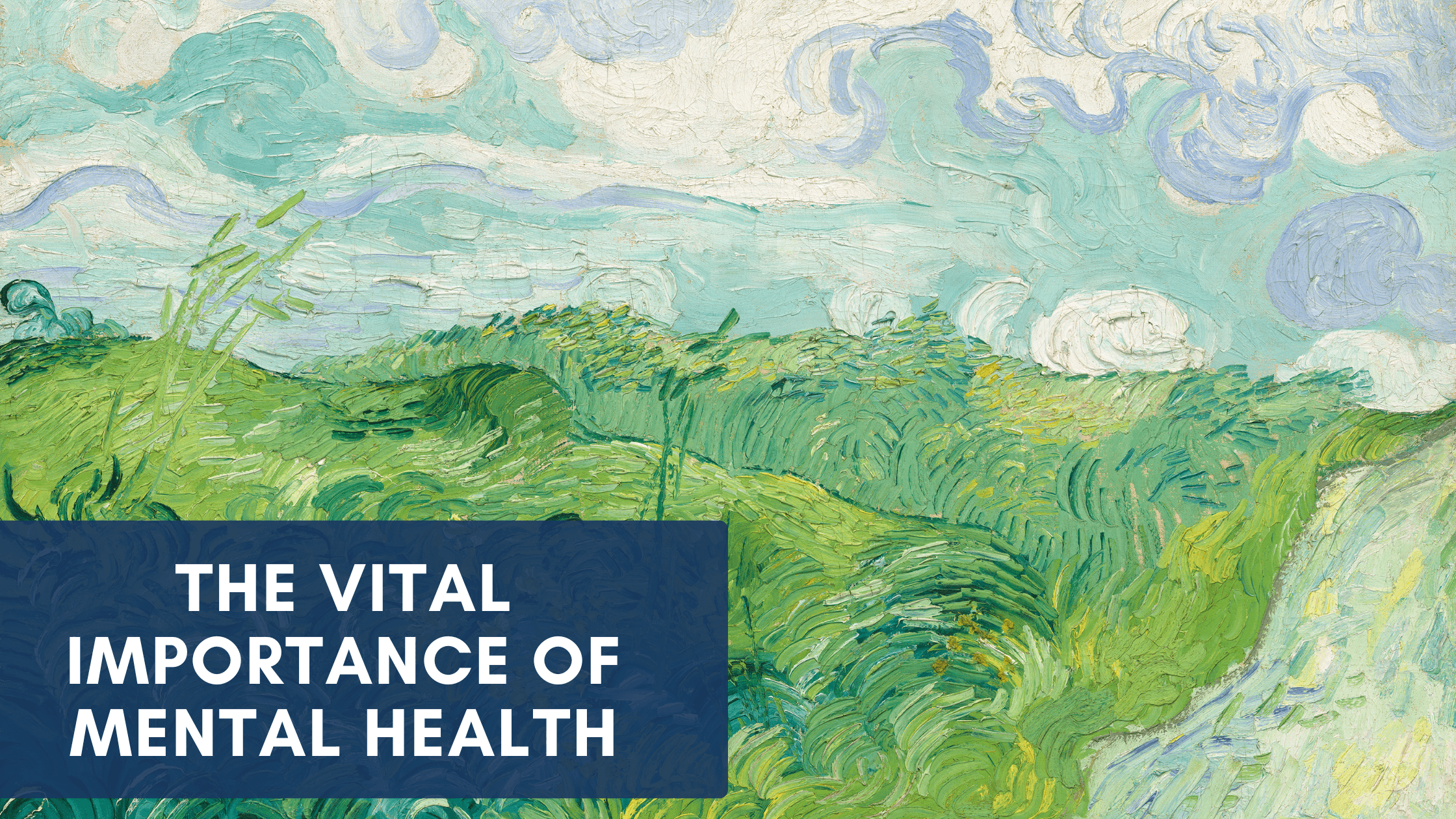
The Vital Importance of Mental Health in Our Communities
In recent years, the dialogue surrounding mental health has gained momentum, yet the stigma attached to it still lingers. This stigma not only prevents individuals from seeking the help they need but also perpetuates a cycle of silence and misunderstanding. As a community, we have a responsibility to foster an environment where mental health is valued just as much as physical health. Here’s why this is crucial and how we can collectively break the stigma.
Why Mental Health Matters
- Overall Well-being: Mental health is integral to our overall well-being. It manifests in how we think, feel, and act. Good mental health helps us cope with the stresses of life, work productively, and contribute to our communities.
- Physical Health Connection: There is a strong link between mental and physical health. Conditions like depression and anxiety can lead to chronic physical issues such as heart disease, and conversely, physical health problems can impact mental health.
- Economic Impact: Untreated mental health issues can result in significant economic costs. From lost productivity to increased healthcare expenses, the financial burden on individuals and society is substantial.
- Quality of Life: Mental health issues can severely impact one’s quality of life. Relationships, career, and daily functioning are often impaired, making it essential to address these concerns promptly and effectively.
Breaking the Stigma
- Education and Awareness: Education is the cornerstone of breaking the stigma. By learning about mental health conditions and understanding that they are legitimate health issues, we can foster empathy and support.
- Open Conversations: Encouraging open and honest conversations about mental health can dismantle the barriers of shame and silence. Sharing personal experiences and listening to others can create a supportive community.
- Language Matters: The way we talk about mental health can either perpetuate stigma or help break it. Using respectful and non-judgmental language is crucial. Avoiding terms like “crazy” or “insane” and instead using person-first language (e.g., “a person with depression” rather than “a depressed person”) shows respect and understanding.
- Support Systems: Building robust support systems within communities is vital. This includes accessible mental health services, support groups, and resources for individuals and their families. Communities can also advocate for better mental health policies and funding.
- Role Models and Leaders: Public figures and community leaders voicing awareness and support or speaking out about their own mental health challenges can have a powerful impact. Their openness can inspire others to seek help and reduce feelings of isolation.
What can you do?
- Learn and Educate: Take the time to educate yourself about mental health. Share this knowledge with others to spread awareness.
- Listen and Support: If someone confides in you about their mental health, listen without judgment. Offer your support and encourage them to seek professional help if needed.
- Challenge Stigma: If you hear someone making derogatory comments about mental health, gently challenge their views and provide accurate information.
- Advocate: Support local and national initiatives that promote mental health awareness and access to services.
By working together to understand and support mental health, we can create communities where everyone feels valued and understood. Breaking the stigma isn’t just about changing minds—it’s about changing lives. Let’s make mental health a priority and build a future where seeking help is seen as a strength, not a weakness.
